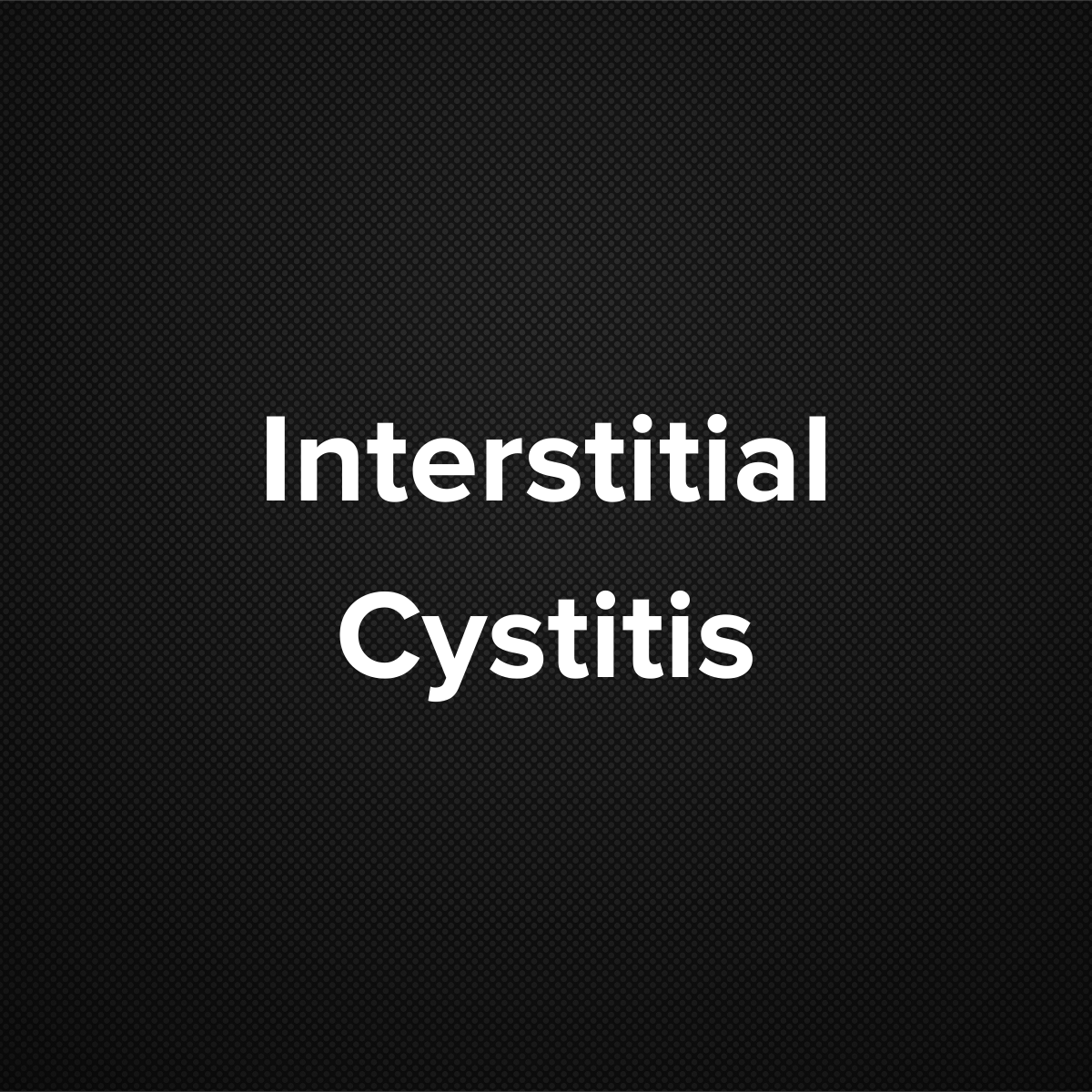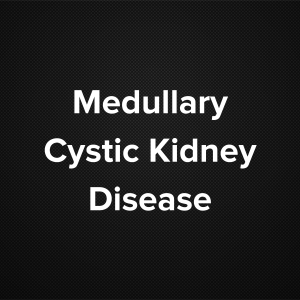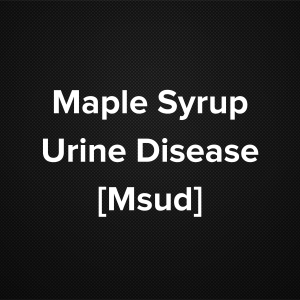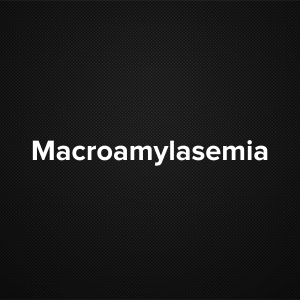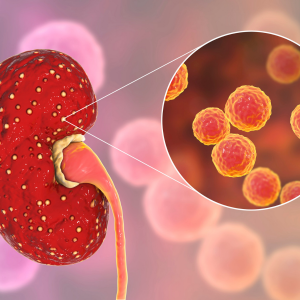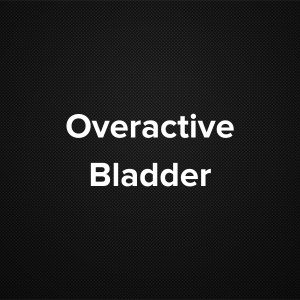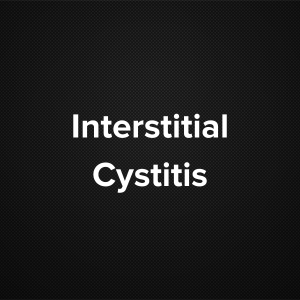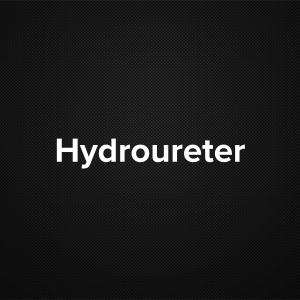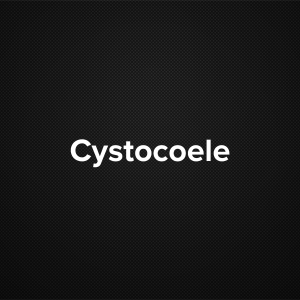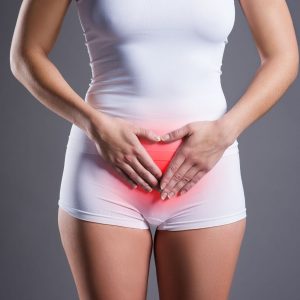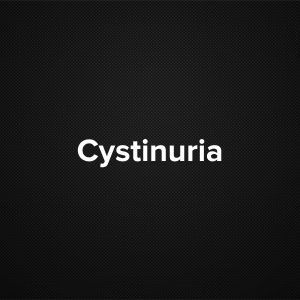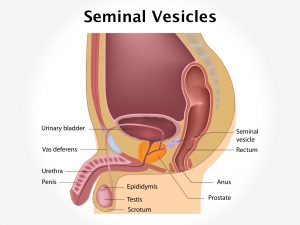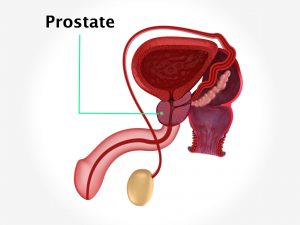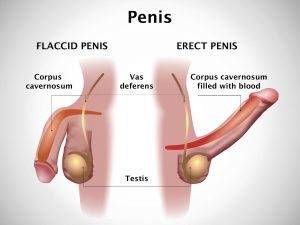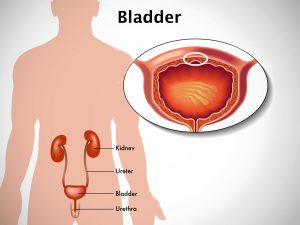Causes and risk factors:
The exact cause of IC is not known however the researchers have put forth that various factors contribute to interstitial cystitis. Various bacterial infections, trauma to the bladder during surgery, trauma to the spinal cord along with pelvic floor dysfunction contribute to the causation. These factors causes damage to the bladder lining thus causing irritation and leading to entry of the urinary substances into the bladder lining and ultimately lead to IC.
Clinical presentations:
The patient complaints of pain in lower abdomen. The pain is dull aching or crampy in nature. There is feeling of pressure in the bladder. A continuous discomfort is felt in the pelvic region. This can lead to discomfort and difficulty during sexual intercourse. The patient comes with complaints of frequent urination, the patients has to go to toilet several times in a day. The patient needs to wake up frequently at night too resulting in disturbed sleep. There also occur loss of control over bladder, urgency is seen, the patient cannot wait long to hold the urine.
Diagnosis and investigations:
Diagnosis is done on the basis of symptoms narrated by the patient and the palpation of the abdomen carried out by the doctor. Investigations are usually recommended to rule out the other causes. Urine analysis (Urine Routine and urine culture), Cystoscopy is advised. Other investigations which can be suggested are complete blood count, Renal ultrasound or CT scan, intravenous urogram and renal function test.
Treatment:
Treatment varies from person to person and is planed as per the presenting symptoms. Pain reliving medications and no n steroidal anti inflammatory drugs are advised. Anti cholinergic medications can also be prescribed. Sacral nerve stimulation has also found to be effective. In cases where the conservative line of treatment fails surgical intervention is needed. Subtotal cystectomy, bladder agumentation can be done in severe cases. Biofeedback therapy, pelvic floor exercises along with bladder training are effective methods advised.
Other modes of treatment:
The other modes of treatment can also be effective in treating interstitial cystitis. Homoeopathy is a science which deals with individualization and considers a person in a holistic way. This science can be helpful in combating the symptoms. The Ayurvedic system of medicine which uses herbs and synthetic derivates can also be beneficial in combating the complaints.
Recent update:
Scientist at Wake Forest Baptist medical centre, with the use of some advance technology is conducting a study for better and understanding and treatment methods for IC.
